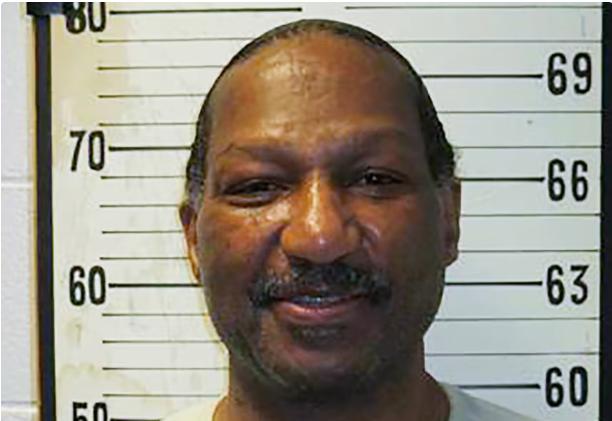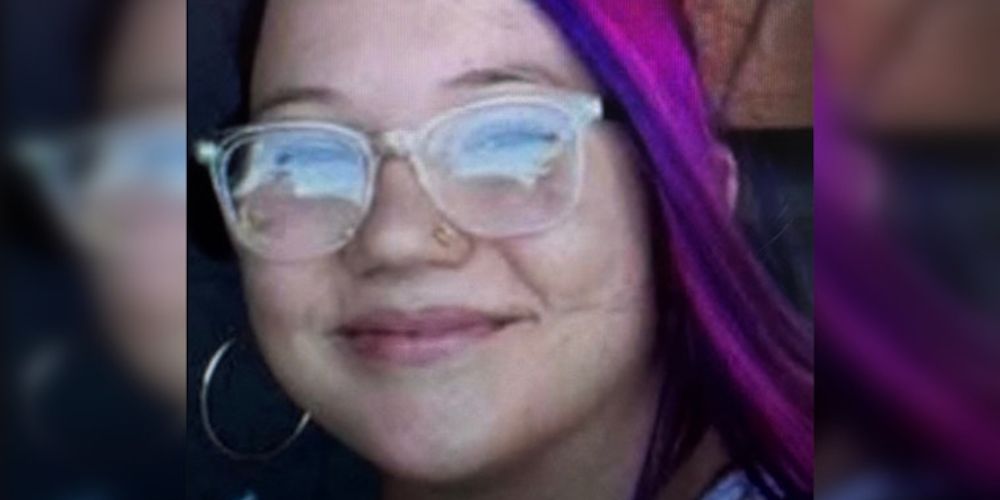Byron Black, a Tennessee death row inmate, was executed by lethal injection on Tuesday despite having an active implanted defibrillator, raising serious concerns after multiple witnesses reported he appeared to be in pain during the procedure.
According to reporters and other observers present, Black repeatedly lifted his head from the gurney, sighed heavily, and said, “Oh, it’s hurting so bad,” shortly after the drugs were administered. He died at 10:43 a.m., roughly ten minutes after the execution began.
Asked for any last words, Black quietly responded, “No sir.”
Throughout the procedure, a spiritual advisor remained by his side, praying and singing. At one point, the advisor gently touched Black’s face to comfort him.
Defibrillator Concerns Ignored
Despite legal arguments and a judge’s ruling last month requiring Black’s implantable cardioverter-defibrillator (ICD) to be deactivated to avoid unnecessary pain, Tennessee’s Supreme Court overturned the decision just days before the execution. The state insisted the device wouldn’t cause shocks or pain during the injection.
Black’s attorneys plan to review EKG and ICD data, along with autopsy results, to determine whether the device played a role in what they say was a visibly painful death.
“Today, the state of Tennessee killed a gentle, kind, fragile, intellectually disabled man in a violation of the laws of our country simply because they could,” said attorney Kelley Henry.
“The fact that he was able to raise his head several times and express pain tells you that the pentobarbital was not acting the way the state’s experts claim it acts.”
Tennessee prison officials did not comment on the observations from media witnesses or Black’s legal team.
Black’s Health and Legal Battle
Black, 69, had numerous health issues including dementia, brain damage, congestive heart failure, kidney failure, and an implanted ICD that also served as a pacemaker. His defense team argued his intellectual disability made his execution unconstitutional, but courts declined to grant a new hearing.
In 2021, Tennessee passed a law that barred further review for inmates whose disability claims had already been ruled on. Black’s earlier claim had been rejected in 2004, but even the expert who testified then later concluded that Black now met the updated criteria for an intellectual disability.
Despite that, a judge denied Nashville District Attorney Glenn Funk’s motion for a new hearing on Black’s behalf.
The Crime and Victims
Black was convicted for the 1988 murders of his girlfriend Angela Clay and her two daughters, Latoya (9) and Lakeisha (6). Prosecutors said he acted in a jealous rage and shot the three at their home while on work release for a prior shooting involving Clay’s estranged husband.
Angela Clay’s sister, Linette Bell, said in a post-execution statement:
“His family is now going through the same thing we went through 37 years ago. I can’t say I’m sorry because we never got an apology.”
National Context
Black’s execution was Tennessee’s second since May, following a five-year pause due to COVID-19 and prior procedural failures. His case was the first known U.S. execution involving an active defibrillator, with no precedent found by his legal team or the Death Penalty Information Center.
So far in 2025, 28 people have been executed in the U.S., surpassing totals from both 2023 and 2018. Nine more executions are scheduled across seven states before the end of the year—the highest annual total since 2015.













Leave a Reply